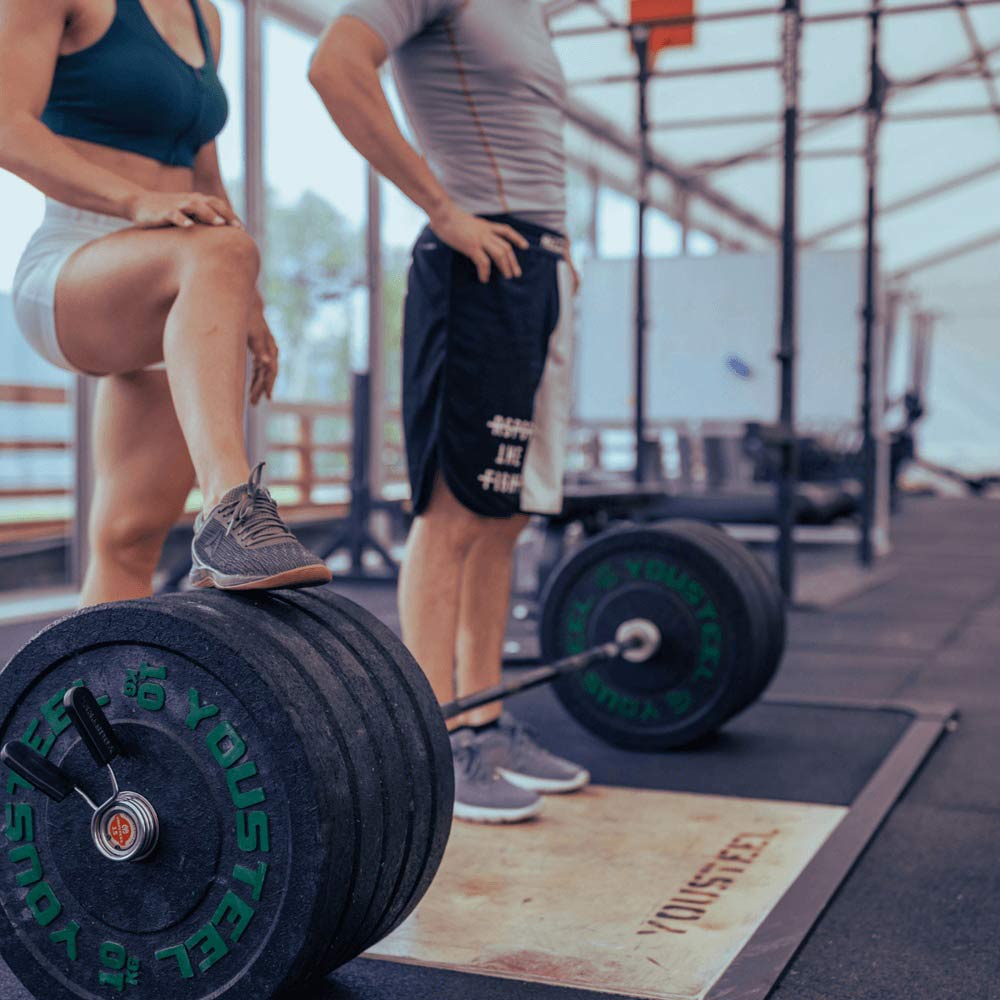The Importance of Creatine for Adults

When we think of creatine, the first thing that often comes to mind is bodybuilders, athletes, or people hitting the gym with the goal of packing on muscle. While it’s true that creatine is a popular supplement in the fitness world, its benefits go far beyond just physical performance. In fact, creatine is becoming increasingly recognized for its wide-ranging positive effects on health, especially for adults.
What is Creatine?
Creatine is a naturally occurring compound found in small amounts in foods like red meat and fish, and it’s also produced by the body from amino acids. It’s stored primarily in muscles, where it plays a crucial role in energy production. Creatine helps your muscles generate energy quickly, which is why it’s a go-to supplement for athletes looking to improve strength and endurance.
However, creatine isn’t just about helping you lift heavier weights or run faster. Its benefits extend to various aspects of physical and mental health, particularly for adults.
1. Boosts Muscle Strength and Performance
One of the primary reasons people take creatine is to enhance physical performance. It helps your muscles perform high-intensity work by replenishing ATP (adenosine triphosphate), the energy currency of your cells. When you engage in short bursts of intense activity—whether lifting weights, sprinting, or doing high-intensity interval training (HIIT)—creatine provides the extra energy your body needs.
For adults looking to maintain muscle mass as they age, creatine can be a game-changer. As we get older, our natural levels of creatine decline, which can contribute to muscle loss and reduced strength. Supplementing with creatine can help counteract this decline, making it easier to maintain muscle function and even improve strength.
2. Supports Healthy Brain Function
You might be surprised to learn that creatine isn’t just beneficial for your muscles—it can also have significant effects on your brain. Research has shown that creatine supplementation can improve cognitive performance, especially in tasks that require short-term memory, quick thinking, and mental clarity.
Creatine helps support ATP production in the brain, which is crucial for mental processes. For adults, this could mean better focus, sharper thinking, and even improved mood. Some studies suggest that creatine could have neuroprotective properties, potentially benefiting individuals dealing with neurodegenerative diseases like Parkinson’s or Alzheimer’s.
3. Fights Age-Related Muscle Loss
As we get older, we start to experience sarcopenia, the gradual loss of muscle mass and strength. This can make everyday activities like climbing stairs, carrying groceries, or standing up from a chair more difficult. The decline in muscle mass often goes hand-in-hand with a decline in physical independence and quality of life.
Creatine is known to help mitigate age-related muscle loss by stimulating muscle growth and improving muscle protein synthesis. Studies have shown that older adults who supplement with creatine experience an increase in muscle mass, strength, and overall function. This makes creatine a valuable ally in maintaining mobility and independence as we age.
4. Helps with Recovery and Injury Prevention
Creatine isn’t just useful during your workout; it also plays a significant role in the recovery process. Post-workout recovery is critical for muscle repair, and creatine can help speed up this process by reducing muscle damage and inflammation.
For adults who are recovering from injuries or surgeries, creatine supplementation might help accelerate the healing process and reduce recovery time. By increasing the energy available to the muscles, creatine allows them to repair and regenerate more efficiently. Additionally, it’s been shown to help reduce the risk of injury by enhancing muscle function and improving endurance.
5. Improves Mood and Mental Health
Beyond the physical benefits, creatine has also been linked to improvements in mood and mental health. Some studies suggest that creatine may help reduce the symptoms of depression, particularly in adults who suffer from treatment-resistant depression. This effect could be due to creatine’s role in boosting ATP production, which in turn helps regulate neurotransmitters like serotonin and dopamine—both of which are involved in mood regulation.
For adults dealing with stress, anxiety, or low energy, creatine could offer a natural, non-invasive way to support mental well-being.
How to Use Creatine Safely
Creatine is generally considered safe for most adults when taken in recommended doses. A common method of supplementation is the “loading phase,” where you take around 20 grams per day for 5-7 days, followed by a maintenance phase of 3-5 grams per day. However, the loading phase isn’t necessary, and many people opt to skip it and just take 3-5 grams daily for consistent results.


